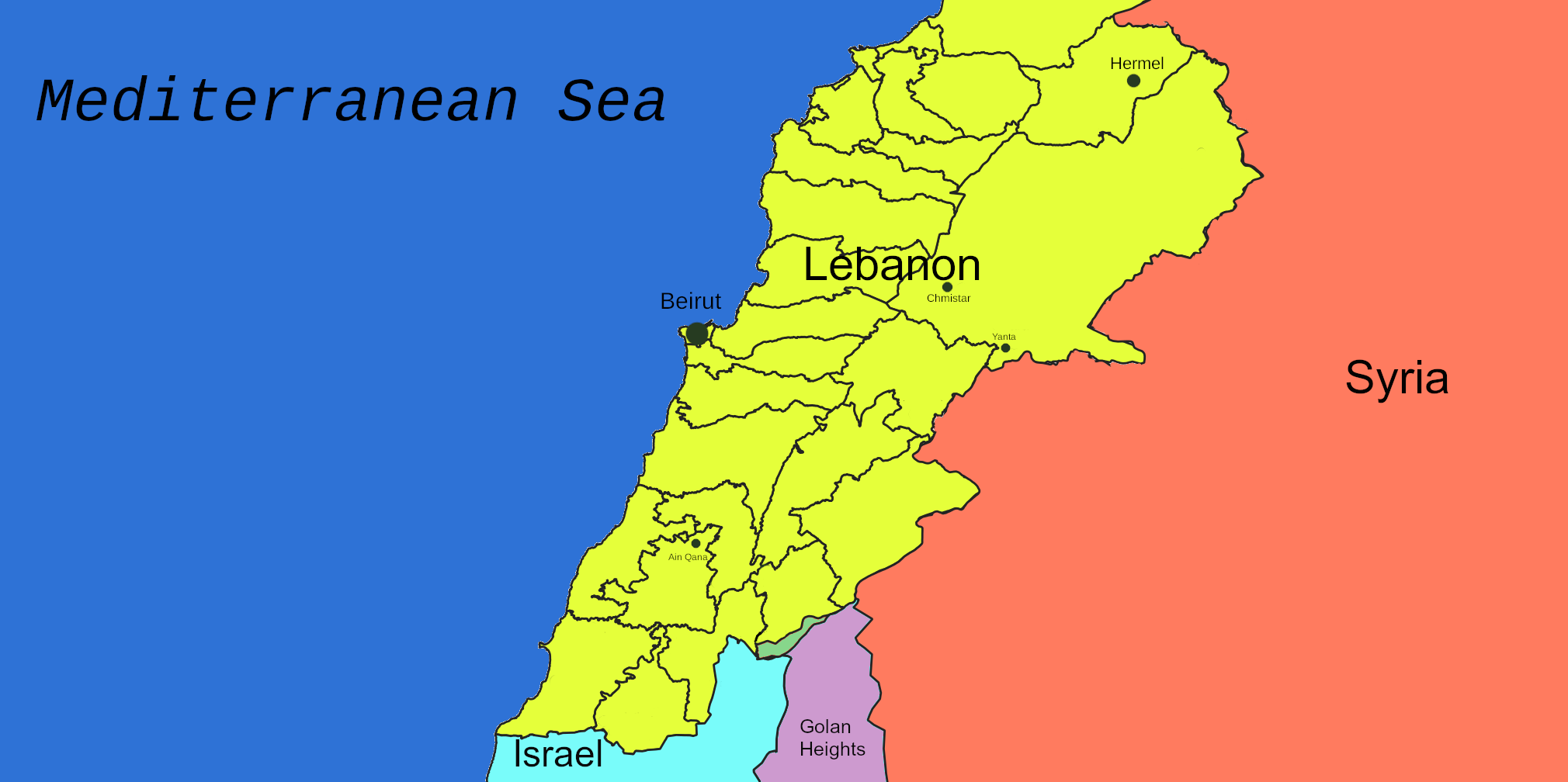Continuing their near daily attacks on Lebanon, Israel conducted airstrike in the area around Hermel in eastern Lebanon Thursday, pounding multiple locations in the region. The Lebanese Health Ministry has confirmed two killed in the preliminary toll in the east. Other attacks were reported in the south, involving artillery fire.
As is in keeping with Israel’s narrative, the IDF claimed the strikes targeted “several terrorist targets,” including a training camp in Bekaa Valley and a site they claimed was used in the construction of precision missiles by Hezbollah.
As always, those IDF claims were not backed by any evidence offered in the statement, but were still reported as fact in the Israeli media. The identities of the two slain have not been identified, and were not addressed by the IDF so far.

The Health Ministry’s report is that one was killed in Chmistar and another was killed in Janta. A third person was reported killed Wednesday further south in Ain Qana, who the IDF claimed was a top Hezbollah leader but who media reports suggested may have just been a civilian on a motorcycle.
A later reported out of the southern area of Arabsalim was that a third person was killed in artillery fire there. The strikes targeted construction vehicles, and also hit residential areas near a primary school. The slain was reportedly an 80 year old woman killed in her home.
The IDF did not comment on the attack on Arabsalim, but Israeli sources were quoted in the media saying there is no reason for Lebanese to try to rebuild the southern villages leveled during the war, as Israel will just keep destroying them at any rate. Reports of Israeli drones flying over Beirut are also growing, though as yet there have been no attacks there.
US envoy Tom Barrack told Lebanese officials earlier this week that Israel had rejected the call for direct negotiations, on the grounds that it would involve Israel not attacking Lebanon on a near daily basis and an expectation that Israel would withdraw ground troops from Lebanese soil.
Both the ceasing of fire and the withdrawal were already codified in November’s ceasefire, and nearly a year later, Israel is still attacking Lebanon regularly, with threats of a new war which seem increasingly meaningless inasmuch as the ceasefire already has all the trappings of a war.


